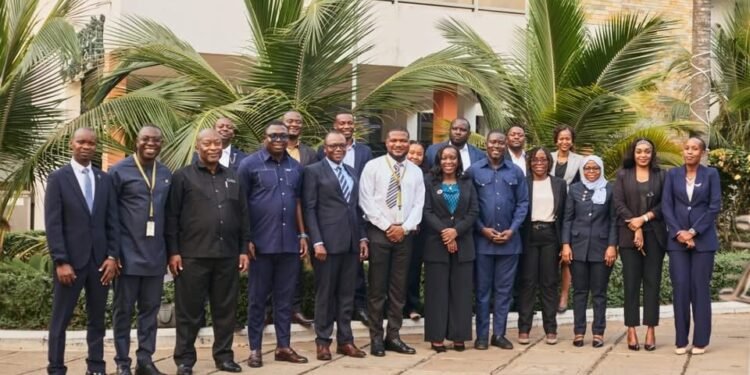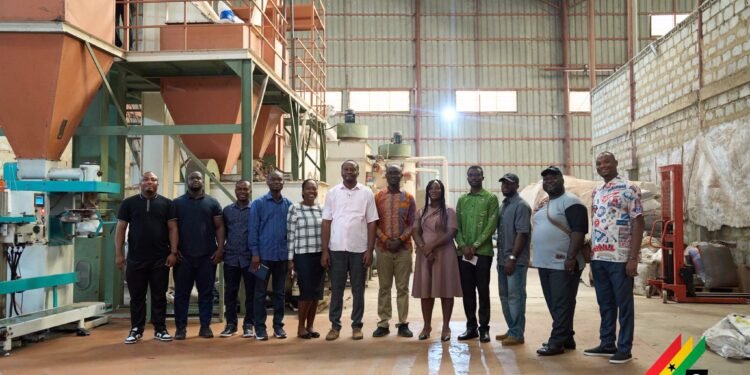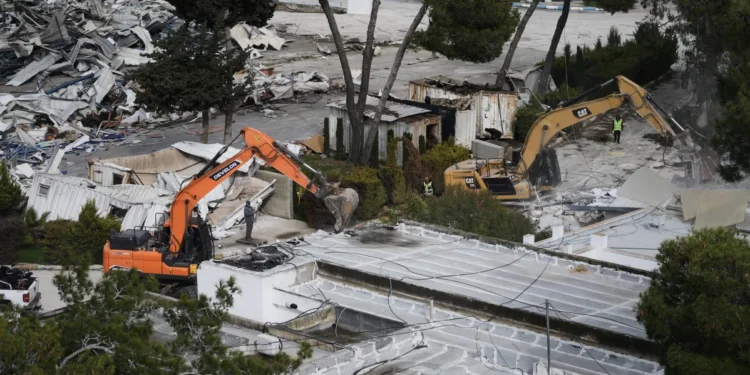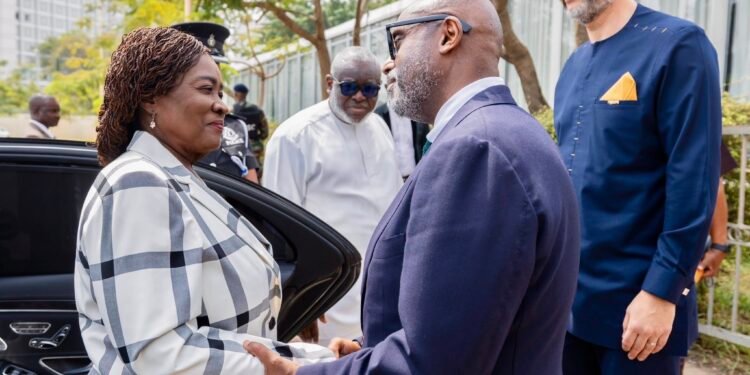Egypt has announced temporary protection measures on select steel imports following mounting complaints from domestic producers. The Ministry of Investment and Foreign Trade confirmed that safeguard duties will be applied to multiple categories of steel products in an effort to stabilize the local market.
“The steel sector is fundamental to numerous key industries,” Minister Hassan El-Khatib stated, emphasizing that the government remains committed to maintaining fair market conditions. According to the ministry, the new duties are a response to petitions filed by local manufacturers who say they have been adversely affected by increasing import competition.
The decision, enacted through three ministerial decrees signed by El-Khatib, imposes safeguard duties for 200 days. These measures are intended to protect Egypt’s domestic steel industry from what officials described as “harmful international trade practices” and global oversupply pressures.
The tariffs will cover a variety of steel products, including hot-rolled and cold-rolled flat products, galvanized and color-coated sheets, and semi-finished steel, known as billet. The duty rates vary: hot-rolled flat steel will face a 13.6% charge or a minimum of EGP 3,673 per ton, while billet imports will be hit with a 16.2% duty or a minimum of EGP 4,613 per ton.
Minister El-Khatib stressed that the move complies with both international trade rules and Egypt’s national economic laws, citing commitments under the World Trade Organization and Law No. 161 of 1998. While a full investigation into trade practices could take up to 12 months, the temporary duties accelerate the process, requiring findings to be finalized within 200 days. Stakeholders will be given the opportunity to present evidence before a final ruling is reached.
Egypt’s actions align with a wider global pattern of protectionism. Steel producers worldwide continue to grapple with oversupply and falling prices, leaving many governments searching for ways to shield their domestic industries. Egyptian officials argue that the temporary duties will not only secure market share for local producers but also give them time to strengthen production and increase exports.
Steel Industry At The Core Of Growth
Egypt’s steel industry is a vital part of its economy, underpinning infrastructure development and nationwide construction projects. With an annual output of around 8 million tons, Egypt ranks among Africa’s top steel producers and has established itself as a regional hub for both manufacturing and export.
The industry benefits from access to rich iron ore deposits and Egypt’s strategic location along the Suez Canal, one of the world’s most critical shipping routes. The country’s steel production is driven by a combination of large integrated plants, which handle raw materials through to finished products, and smaller electric arc furnaces that specialize in recycled steel.

Despite these advantages, the sector faces mounting challenges. Rising energy prices, fluctuating raw material costs, and surging imports, especially from China and Turkey, have weighed heavily on local producers. In response, many Egyptian steel firms have turned to advanced technologies and energy-efficient processes to cut costs and improve productivity.
Government support for the steel industry has been evident through various tariffs and incentives designed to spur investment. These policies form part of Egypt’s wider economic strategy to expand industrial capacity, create employment, and reduce dependence on imports.
Recent capacity expansions are closely tied to mega projects under the nation’s Vision 2030 plan, including new urban developments and major infrastructure upgrades. The government is also placing growing emphasis on sustainability, encouraging steelmakers to adopt greener technologies to mitigate environmental impacts.
Looking ahead, Egypt’s steel sector is positioned for growth, fueled by domestic demand and its favorable geographic advantages. While global uncertainties remain, the sector continues to be viewed as a cornerstone of Egypt’s industrial and economic ambitions.
READ ALSO: Foreign Affairs Minister Defends ORAL Record at Accountability Series























